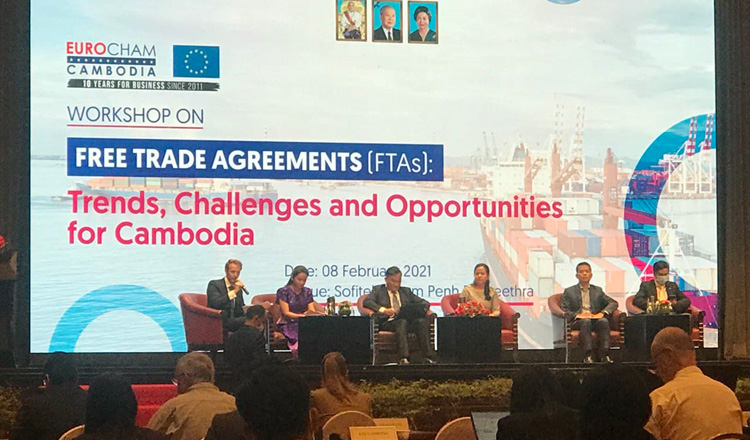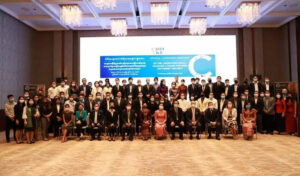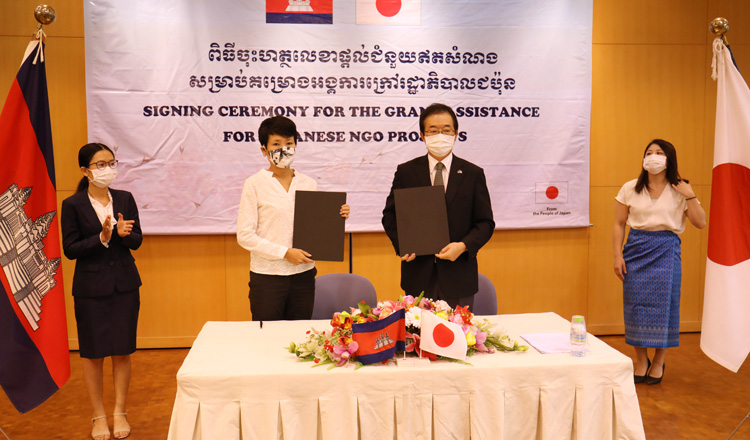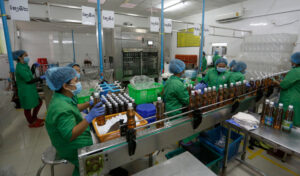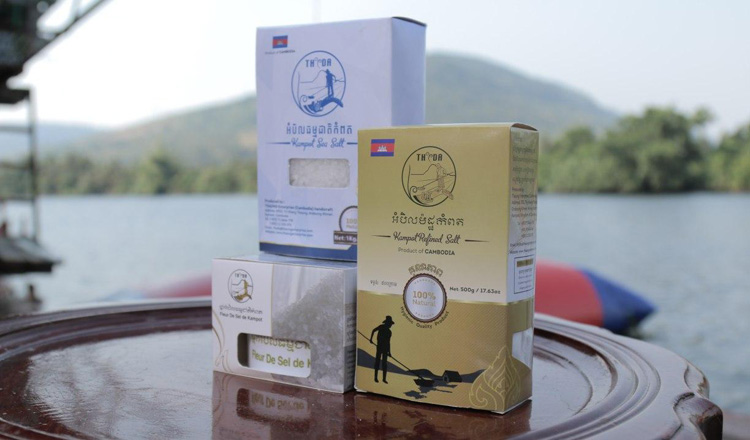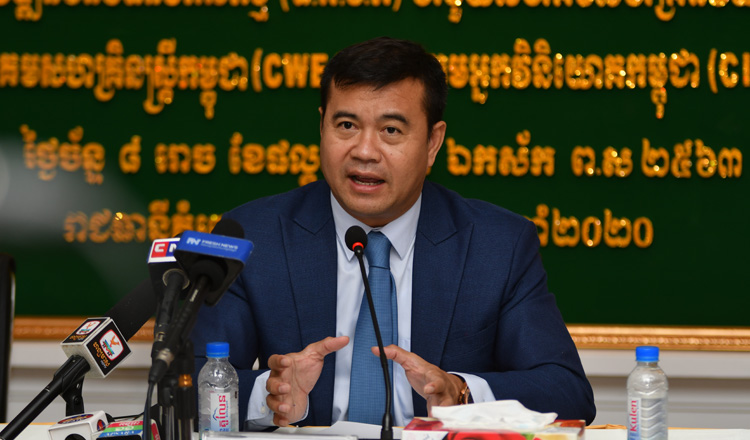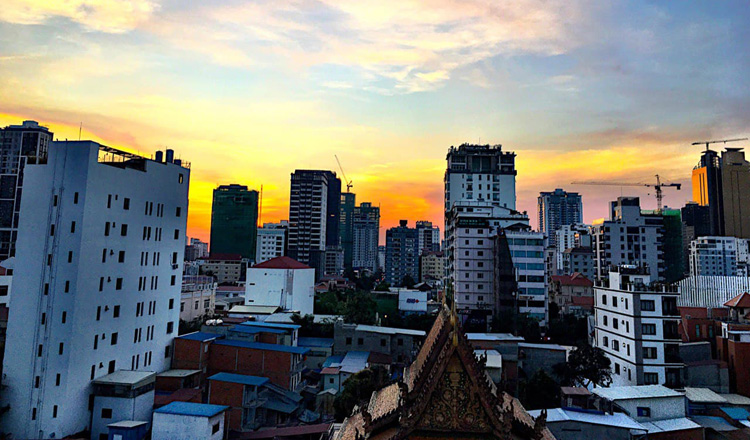‘Collective effort needed for small, medium firms to benefit from FTAs’
With small to medium-sized enterprises (SMEs) comprising the bulk of the Kingdom’s economy, experts say that it will take a collective effort to ensure that the Kingdom is able to fully benefit from free trade agreements (FTAs).
Last year, Cambodia became a signatory to the historic Regional Comprehensive Economic Partnership (RCEP). When ratified, the deal will represent about 30 percent of the global population and could increase global trade by $500 billion over the next decade.
The Kingdom also inked an FTA with China last year. The two nations enjoyed some $8 billion of trade in 2019. Representatives have announced that they aim to increase bilateral trade to $10 billion by 2023.
“In order for SMEs to be able to take advantage of upcoming FTAs and get their products into new markets, they will have to strengthen not only their productivity, but the quality of their products. Agricultural SMEs will particularly have to improve,” said Saravuth Rath, director-general of international trade at the Ministry of Commerce.
Rath made the comment at a EuroCham workshop held yesterday. The workshop discussed trends, challenges and opportunities for Cambodia amid the flurry of FTA agreements set for ratification or and those hoped to be engaged in this year.
He also stressed that the cost of products will prove to be an important factor as new markets open up to smaller Cambodian businesses.
“There is a collective effort among policy makers in all nine ministries to support SMEs and help them gain the benefits from these FTAs, whether they are existing or upcoming. We need to conduct dissemination programmes such as workshops so that businesses are aware of government policies and new laws regarding customs and tariffs,” he added.
Bunthan Suy, head of operations at DHL Express Cambodia, noted that a key barrier for SMEs entering foreign market is many growers remaining unregistered. He added that that other countries have already prioritised SMEs as they eye a more open Cambodian market.
Suy noted that South Korea, which concluded FTA negotiations with the Kingdom last week, had expressed interest in ensuring that Korean cosmetics are included in the deal.
“They [Korea] see an opportunity for their cosmetics in our market, as [Cambodian] SMEs are not yet able to produce those kinds of products or items. Cambodia has some goods that are very special. Kampot Pepper is one example that is very unique and internationally recognised,” he said.
“Our government has already given us good incentives. Companies need to be aware of them and be registered to receive those incentives,” Suy added.
An Asia Development Bank (ADB) study reported that Cambodian-made SME products account for only 10 percent of the Kingdom’s international exports, despite the sector making up 99 percent of Cambodian enterprises and contributing 58 percent to the country’s gross domestic product.
A Ministry of Industry and Handicraft survey of 71 SMEs in 2019 found only about half of themreported having engaged in international activities.
“SMEs are particularly affected by a lack of transparency and enforcement in the regulatory regime and struggle with the complexity of regulations and standards,” the ADB report said. Khmer Times

